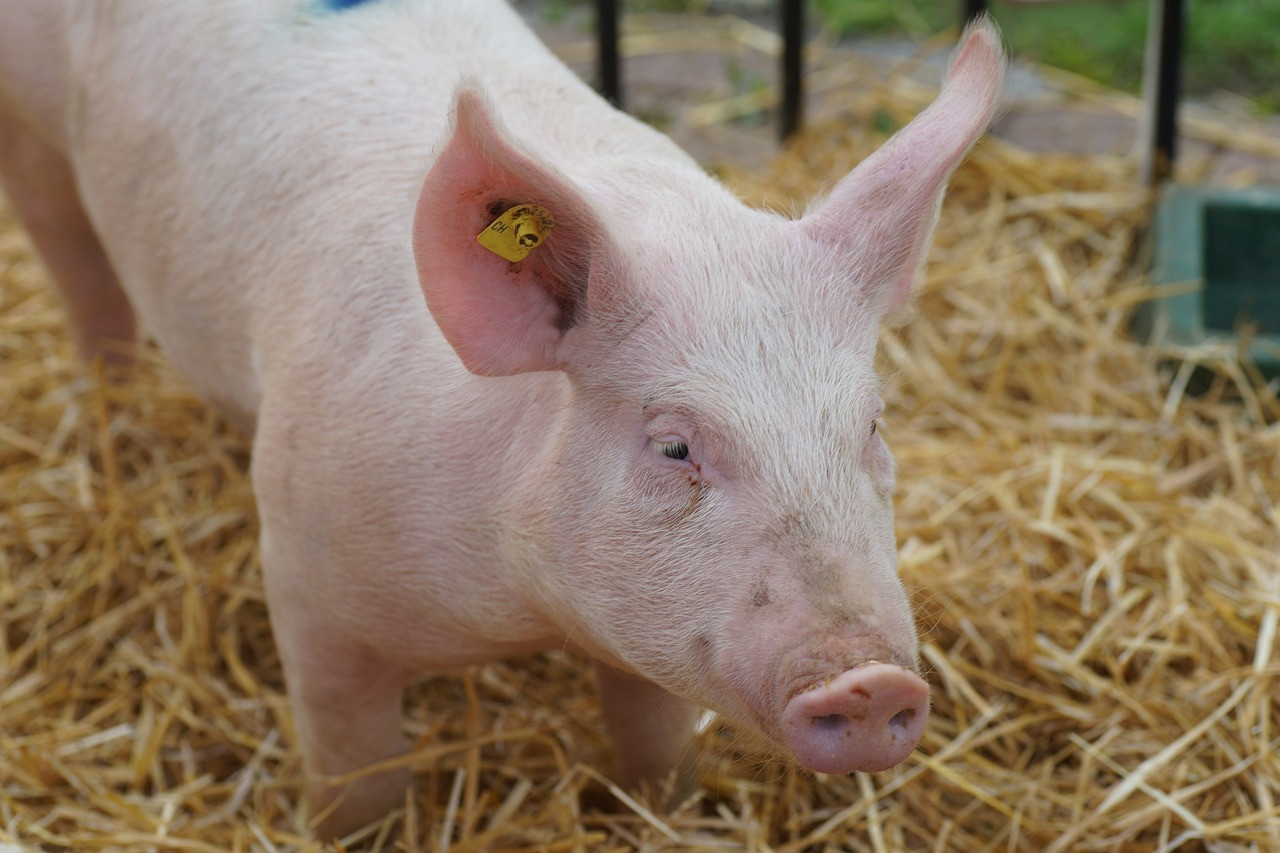The Shift Towards Natural Additives
Natural additives, derived from plants, minerals, and other organic sources, have gained popularity as a means to enhance animal health without relying on synthetic chemicals. These additives work by supporting the immune system, improving gut health, and providing antimicrobial effects, all of which help in the prevention and control of diseases. The shift towards natural additives is driven not only by the need to reduce antibiotic use but also by the broader goals of improving animal welfare, meeting consumer expectations, and promoting sustainable farming practices.
Visit BioPoint https://biopoint.eu/product-line/pigs/during-periods-of-infection/ for advanced solutions in animal health.
Types of Natural Additives and Their Benefits
Natural additives can be broadly categorized into several types, each offering specific benefits in disease management and overall swine health.
1. Probiotics and Prebiotics
Probiotics are live beneficial bacteria that, when administered in adequate amounts, confer health benefits to the host. In swine, probiotics help to maintain a healthy balance of gut microbiota, which is crucial for proper digestion and immune function. They work by competing with pathogenic bacteria for nutrients and binding sites in the gut, thereby reducing the risk of infections. Prebiotics, on the other hand, are non-digestible fibers that serve as food for beneficial gut bacteria, promoting their growth and activity. Together, probiotics and prebiotics enhance gut health, reduce diarrhea incidence, and improve nutrient absorption, all of which are vital for disease prevention and overall swine health.
2. Essential Oils and Plant Extracts
Essential oils, extracted from plants like oregano, thyme, and garlic, are rich in bioactive compounds such as carvacrol, thymol, and allicin. These compounds have strong antimicrobial properties, making them effective against a wide range of pathogens, including bacteria, viruses, and fungi. Essential oils can be used as natural antibiotics, reducing the microbial load in the gut and respiratory tract, thereby preventing diseases such as respiratory infections and gastrointestinal disorders. Additionally, plant extracts like those from Echinacea and green tea have immune-boosting properties, helping pigs to better resist infections and recover more quickly when they do occur.
3. Organic Acids
Organic acids, such as lactic acid, citric acid, and formic acid, are naturally occurring compounds that lower the pH of the gastrointestinal tract. This acidic environment inhibits the growth of pathogenic bacteria while promoting the growth of beneficial bacteria. By improving gut health, organic acids help to prevent enteric diseases, reduce the occurrence of diarrhea, and enhance feed efficiency. Organic acids are particularly effective in weaning piglets, who are highly susceptible to digestive disorders during the stressful weaning period.
4. Phytogenic Compounds
Phytogenic compounds are plant-derived substances that include a wide range of bioactive molecules, such as flavonoids, tannins, and saponins. These compounds have multiple health benefits, including antioxidant, anti-inflammatory, and antimicrobial effects. For instance, tannins can bind to proteins and other molecules in the gut, forming a protective layer that prevents the attachment and invasion of pathogens. Flavonoids, found in citrus fruits and other plants, have strong antioxidant properties that protect cells from oxidative stress, enhance immune function, and support overall health. Phytogenic compounds are increasingly being used as natural growth promoters and disease-preventive agents in swine production.
Practical Applications in Swine Disease Management
The incorporation of natural additives into swine diets offers practical benefits in disease management and can be integrated into existing health protocols with relative ease.
1. Disease Prevention
Natural additives play a key role in preventing the onset of diseases by supporting the immune system and maintaining a healthy gut environment. For instance, using probiotics and organic acids in the diets of weaning piglets can help prevent post-weaning diarrhea, a common and costly problem in swine production. Similarly, essential oils and plant extracts can be used to prevent respiratory infections, which are prevalent in high-density farming environments.
2. Reduction of Antibiotic Use
One of the primary advantages of natural additives is their potential to reduce or eliminate the need for antibiotics in swine production. By maintaining a strong immune system and healthy gut flora, pigs are less likely to develop infections that require antibiotic treatment. This not only addresses the issue of antibiotic resistance but also aligns with consumer preferences for antibiotic-free meat. Farms that successfully integrate natural additives into their disease management protocols can market their products as safer and more sustainable, potentially accessing premium markets.
3. Enhancing Recovery and Reducing Disease Impact
In cases where disease does occur, natural additives can support recovery by reducing the severity of symptoms and accelerating the healing process. For example, phytogenic compounds with anti-inflammatory properties can help reduce tissue damage and support faster recovery in pigs affected by diseases such as PRRS (Porcine Reproductive and Respiratory Syndrome). Similarly, probiotics can help restore gut health following an enteric infection, minimizing the long-term impact on growth and productivity.
Challenges and Considerations
While natural additives offer numerous benefits, there are challenges to their widespread adoption. The efficacy of these additives can vary depending on factors such as the quality of the additive, the specific needs of the herd, and the overall farm management practices. Additionally, natural additives are often more expensive than conventional antibiotics, which can be a barrier for some producers. However, the long-term benefits in terms of animal health, productivity, and marketability often outweigh the initial costs.
